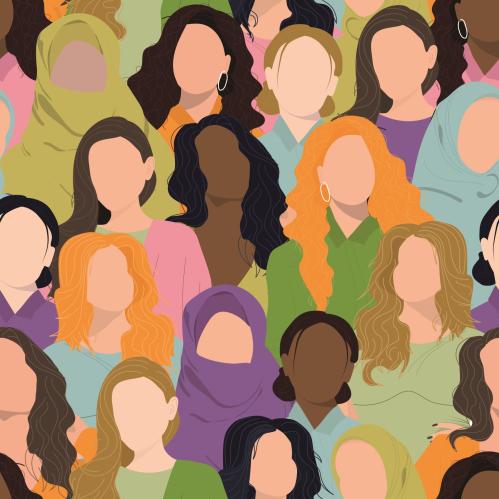In late October at the United Nations Economic and Social Commission for Asia and the Pacific (UN ESCAP) headquarters in Bangkok, a multi-stakeholder coalition was launched to promote the role of youth and civil society in advancing post-2015 United Nations Sustainable Development Goals (SDGs). The youth initiatives, fostering regional integration and youth service impact in the Association of Southeast Asian Nations (ASEAN) and counterpart regions of Northeast and South Asia, will be furthered through a new Asia-Pacific Peace Service Alliance. The alliance is comprised of youth leaders, foundations, civil society entities, multilateral partners and U.N. agencies. Together, their initiatives illustrate the potential of youth and multi-stakeholder coalitions to scale impacts to meet SDG development targets through youth service and social media campaigns, and partnerships with multilateral agencies, nongovernmental organizations, corporations and research institutes.
The “Asia-Pacific Forum on Youth Volunteerism to Promote Participation in Development and Peace” at UN ESCAP featured a new joint partnership of the U.S. Peace Corps and the Korea International Cooperation Agency (KOICA) as well as USAID support for the ASEAN Youth Volunteering Program. With key leadership from ASEAN youth entitles, sponsor FK Norway, Youth Corps Singapore and Peace Corps’ innovative program in Thailand, the forum also furthered President Obama’s goal of Americans serving “side by side” with other nations’ volunteers. The multi-stakeholder Asia-Pacific alliance will be powered by creative youth action and a broad array of private and public partners from Thailand, Malaysia, Myanmar, Indonesia, Singapore, the Philippines, Australia, Korea, China, Mongolia, Japan, India, Nepal, Pakistan, the U.S. and other nations.
During the event, Dr. Shamshad Akhtar, ESCAP executive secretary, pointed out that “tapping youth potential is critical to shape our shared destiny, as they are a source of new ideas, talent and inspiration. For ESCAP and the United Nations, a dynamic youth agenda is vital to ensure the success of post-2015 sustainable development.”
Dr. Surin Pitsuwan, former ASEAN secretary-general, called for a new Asia-wide multilateralism engaging youth and civil society. In his remarks, he drew from his experience in mobilizing Asian relief and recovery efforts after Cyclone Nargis devastated the delta region of Myanmar in May 2008. Surin, honorary Alliance chairman and this year’s recipient of the Harris Wofford Global Citizenship Award, also noted the necessity of a “spiritual evolution” to a common sense of well-being to redress the “present course of possible extinction” caused by global conflicts and climate challenges. He summoned Asia-Pacific youth, representing 60 percent of the world’s young population, to “be the change you want to see” and to “commit our youth to a useful cause for humanity.”
The potential for similar upscaled service efforts in Africa, weaving regional integration and youth volunteering impact, has been assessed in Brookings research and policy recommendations being implemented in the Common Market of Eastern and Southern Africa (COMESA). Recommendations, many of which COMESA and ASEAN are undertaking, include enabling youth entrepreneurship and service contributions to livelihoods in regional economic integration schemes, and commissioning third-party support for impact evidence research.
A good example of successful voluntary service contributions from which regional economic communities like ASEAN can learn a lot is the current Omnimed pilot research intervention in Uganda. In eastern Ugandan villages, 1,200 village health workers supported by volunteer medical doctors, Uganda’s Health Ministry, Peace Corps volunteers and Global Peace Women are addressing lifesaving maternal and child health outcomes furthering UNICEF’s campaign on “integrated health” addressing malaria, diarrheal disease and indoor cooking pollution. The effort has included construction of 15 secure water sources and 1,200 clean cook stoves along with randomized controlled trials.
Last week, the young leaders from more than 40 nations produced a “Bangkok Statement” outlining their policy guidance and practical steps to guide volunteering work plans for the new Asia-Pacific alliance. Youth service initiatives undertaken in “collective impact” clusters will focus on the environment (including clean water and solar villages), health service, entrepreneurship, youth roles in disaster preparedness and positive peace. The forum was co-convened by ESCAP, UNESCO, the Global Peace Foundation and the Global Young Leaders Academy.



Commentary
Youth and Civil Society Action on SDGs: New Multi-Stakeholder Framework Advanced at UN Asia-Pacific Hosted Forum
November 5, 2014